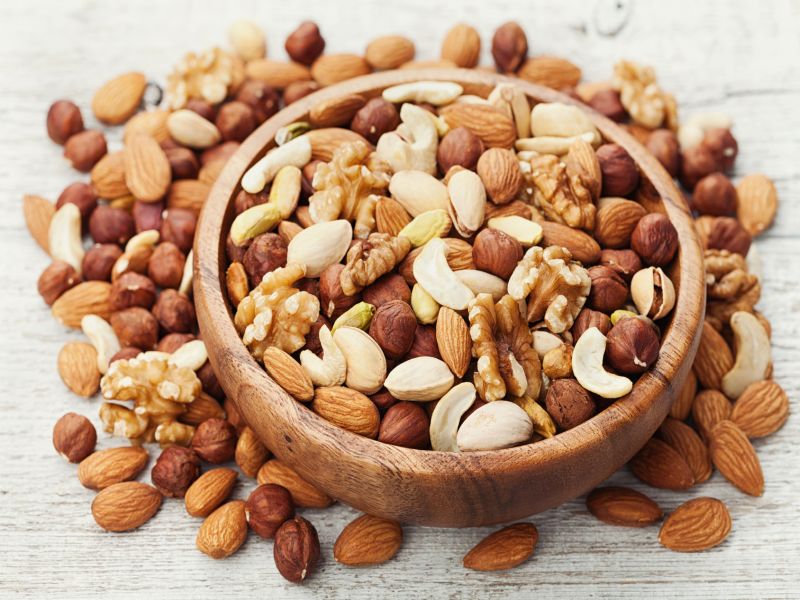
Obese young children may have less risk for high blood pressure if their mother took the omega-3 fatty acid DHA — found in fish oil — during pregnancy, new research suggests. The findings could be important since rising numbers of American children are obese and experiencing hikes in blood pressure. That could have long-term consequences… read on >




























